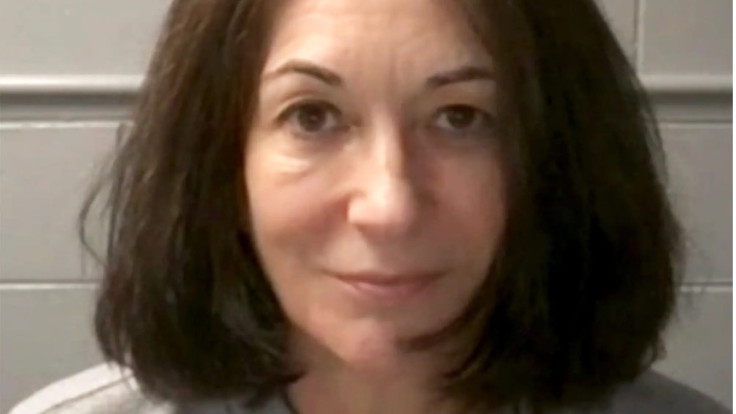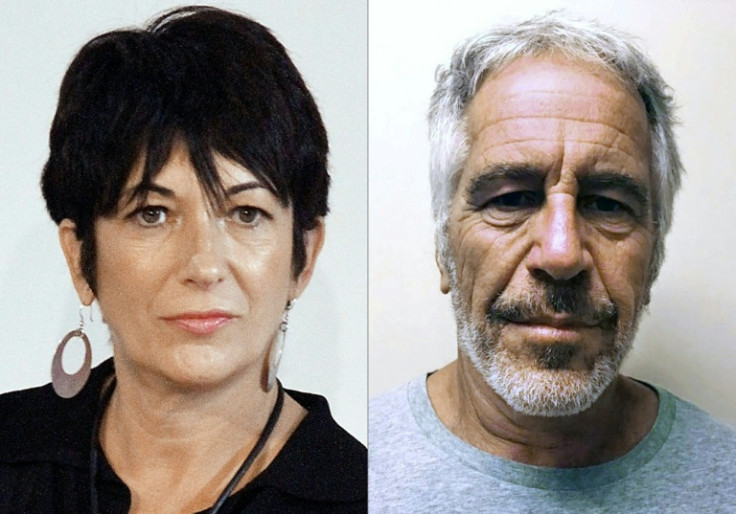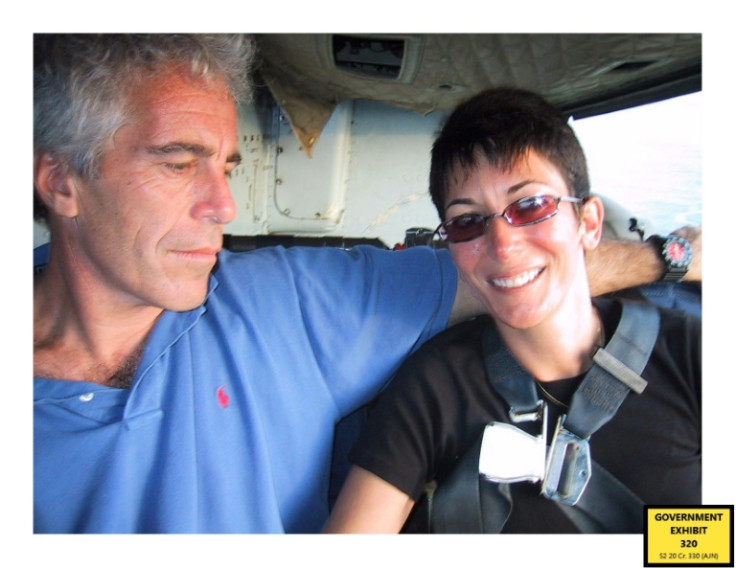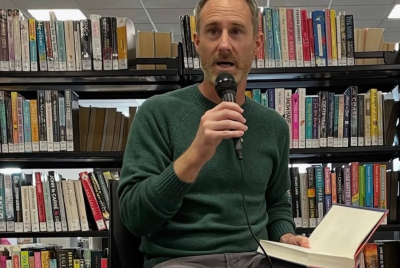Ghislaine Maxwell's Prison Warden Warns Inmates: 'Threaten Her And You'll Be Shipped Out'
DOJ interview tapes and transcripts are public; inmate testimony and oversight letters raise fresh questions about custody decisions and inmate safety at Bryan

Ghislaine Maxwell's new prison life prompted a blunt warning from staff: 'Threaten her and you'll be shipped out.'
Ghislaine Maxwell, the convicted Epstein associate serving a 20-year sentence, was moved this summer from FCI Tallahassee to the Federal Prison Camp in Bryan, Texas, a minimum-security site whose relaxed routines were immediately disrupted when inmates and staff adjusted to her arrival.
Within weeks, senior staff had convened a dormitory 'town meeting' to warn inmates that threats, endangering conduct, or unauthorised contact with the press about Maxwell could carry disciplinary consequences, including transfer to a higher-security facility. The transfer and subsequent security measures have sparked fresh scrutiny from Congress, civil-liberty campaigners, and inmates alike.
A Quiet Transfer, A Noisy Aftermath
Officials moved Maxwell to FPC Bryan on 1 August 2025 after a two-day interview with Deputy Attorney General Todd Blanche; the Department of Justice released redacted transcripts and audio of those sessions on 22 August 2025.
In the recordings and transcript, Maxwell repeatedly denied witnessing inappropriate conduct by certain public figures and insisted there was no central 'list' of clients, remarks that have fed political debate about whether the interview influenced her new designation. The DOJ materials are public and central to understanding why the transfer occurred and how officials handled her custody.

The move to Bryan, a camp with dormitory housing and limited perimeter security, is notable because Bureau of Prisons policy typically discourages placing sex offenders in minimum-security facilities without waivers or special approvals.
That procedural departure has prompted letters from lawmakers seeking documentation and an explanation of the decision-making behind her redesignation. Senator Sheldon Whitehouse and other members of Congress demanded records and clarity about whether proper waivers were sought.
Warden's Town Meeting: Safety Or Silence?
Multiple inmates told reporters that the camp warden held a formal meeting shortly after Maxwell arrived to address concerns in the dormitory. According to those accounts, staff warned inmates not to make threats or otherwise put Maxwell at risk, and cautioned against speaking to the media, telling them that disciplinary action, including transfer to a 'harsher facility', could result from such conduct.
Those warnings were framed publicly as routine safety measures; inmates and advocates, however, have characterised them as unusually strict and targeted, given the camp's normally permissive atmosphere.
Prison governance experts say such meetings are not extraordinary when a high-profile, high-risk inmate arrives; they are designed to protect the individual and preserve order. But critics argue the language reportedly used, emphasising punitive transfer, risks chilling legitimate reporting by incarcerated people and might raise questions about inmates' ability to report wrongdoing without retaliation.
Life Inside Bryan: Privileges, Lockdowns, and Tensions
Inmates described a flurry of changes after Maxwell's arrival: increased lockdowns, a campus deep-clean prior to her moving in, restricted outdoor time for others when she hosted visitors in the chapel, and what some described as bespoke accommodations, such as escorted movement and altered mealtimes.

Those details have been reported by staff and inmates to major outlets that interviewed people inside the camp. The Bureau of Prisons has declined to provide detailed operational commentary but confirmed transfers and broadly defended its custody decisions as routine and lawful.
The reports also record heightened unease after a separate, unrelated shooting was heard near the prison perimeter in August; inmates said guards rapidly moved Maxwell to a secure location during the incident and brought her back the next morning.
Such events amplify anxiety in a facility unaccustomed to sustained security escalations, and they help explain why staff prioritised clear behavioural expectations for the dormitory population.
Lawmakers and oversight committees are now pressing for additional documents from the Bureau of Prisons and the Justice Department to ascertain whether policy was followed and whether Maxwell's treatment at Bryan diverged from ordinary protocol.
Ghislaine Maxwell remains in federal custody, and while authorities insist safety, not favouritism, motivates operational choices, the mix of redacted DOJ interviews, inmate testimony, and congressional queries means the Bryan episode will remain a focal point for months to come.
© Copyright IBTimes 2025. All rights reserved.





















